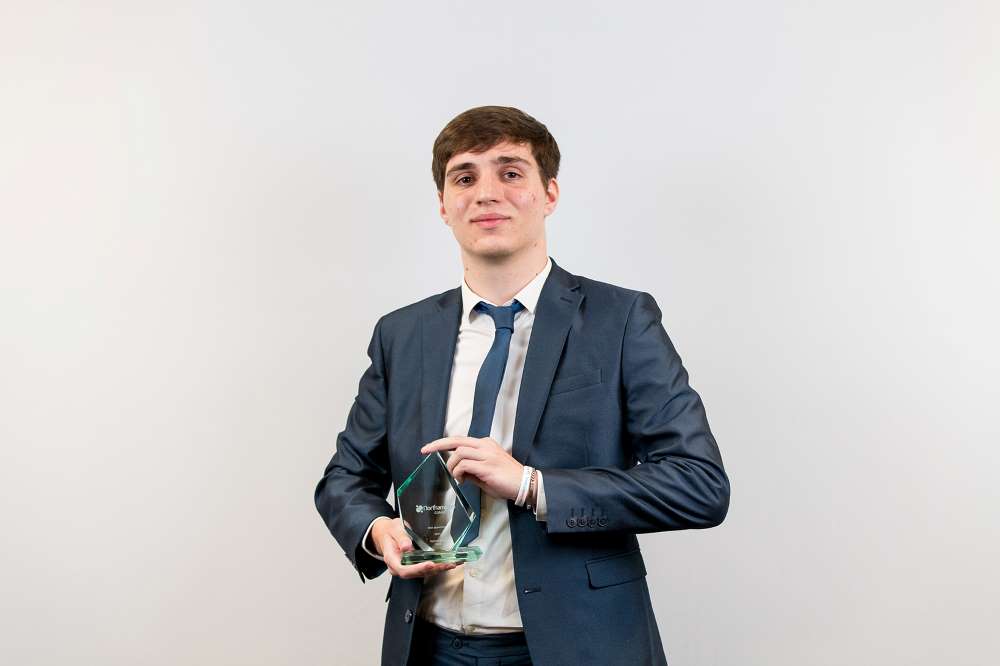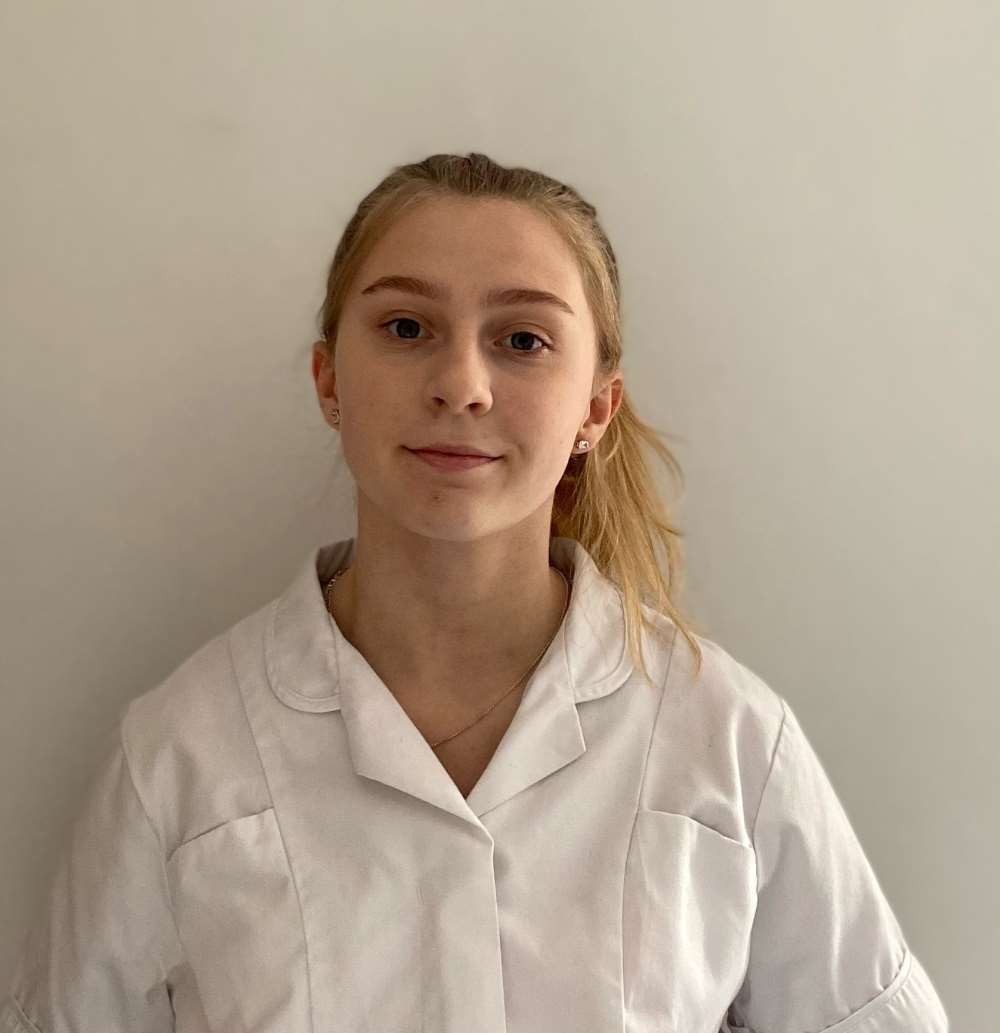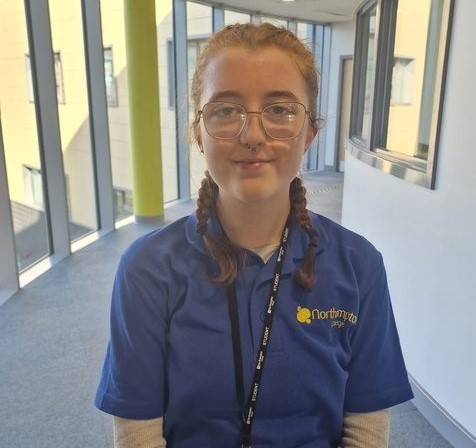This qualification is designed for individuals who are interested in working or studying further in the fields of criminology or forensic science. The qualification contains a range of units which allows learners to develop their knowledge and understanding across a range of different areas to cover: investigative procedures, psychological approaches, scientific techniques, research and crime and punishment.
This Level 3 Btec programme of study is a practical, work related course aimed at teaching you the knowledge and skills required for a career in the forensic and science industry. You will be developing the skills that you will need to either start your career in forensic science, science or for your move into Higher Education. You will be building upon prior study in the three main science areas of biology, chemistry and physics as well as being introduced to new subject areas such as crime scene investigation, forensic photography, applied psychology, criminology. You will learn by carrying out lots of practical work in the labs as well as utilising the the crime scene room and even the outdoor classroom for activities. You will complete a series of assignments and projects through a variety of tasks that are based on realistic workplace situations, activities and demands. Your course is made up of a both internal assignment work and external examinations.
The first year of the course focuses on the underpinning principles of science and the application of this to forensics plus the practical skills necessary for any lab based or field science based career. At the end of the year and with successful completion of assignment work and examination achievement, you will achieve a Foundation Diploma in Forensic science & criminology. This potentially enables you to progress to the second year of the course to complete a Diploma or Extended Diploma in Forensic science & Criminology. This builds upon the principles from year 1 and enables students to apply their understanding and their skills to a range of forensic options that are at the core of any science and forensic based career. Most students progress onto forensic, science, psychology or criminology related courses/careers and the underpinning science element throughout the course, enables a wider range of course options available to students. This wide range of subjects taught enables a breadth of choice on completion with the option of progression to apprenticeship, employment as well as university. .
-
What will I study?
You will study a variety of specialist units from all three disciplines of science, forensics and criminology along with either maths and English (unless you already have a Grade 4 (C) at GCSE). Along with these qualifications you will take part in work experience during the year as well as employability sessions through tutorials. The units you will study are varied and will help you progress regardless of your chosen area of study in the future. They are likely to include:
Core Units:
- Principles and Applications of Science I
- Practical Scientific Procedures & Techniques
- Science Investigation Skills Criminal Investigation Procedures in Practice Forensic Investigation Procedures Applications of Criminology Applications of Criminal and Forensic Psychology
Optional units - your course will include some but not all of the following:
- Physiology of human body systems
- Environmental forensics
- Forensic fire investigation
- Forensic traffic collision investigation
- Forensic photography
- Forensic genetics
- Forensic anthropology and archaeology
- Practical chemical analysis,
- Microbiology and microbiological techniques
*All units are subject to change and may be withdrawn.
-
Who is this course for?
This course is ideal for you if you have an interest in forensic science, investigation and psychology or criminology and how science is applied in a variety of fields throughout education and industry. It is suitable for progression to Higher Education to study a forensic or science-based degree or to employment or an apprenticeship programme in a related area such as forensic lab analyses, police force, psychologist, criminologist, or a range of science based careers either centred around forensic analysis or in the wider science filed.
-
How is the course assessed?
Throughout each unit, practical skills and behaviours associated and integral to the science and health industry are incorporated so that students are fully competent when they leave to progress in their Forensic science career.
The course assessment is a mixture of internal coursework and external exams. Both coursework and the examined element are graded and students can achieve grades of pass, merit and distinction grade if they achieve the assignment. Assessment will vary depending upon the unit but there is a large practical element which students will be expected to complete and achieve. Good attendance is needed for the course as many tasks and activities plus the practical work are carried out in class.
There are two examinations during year one for the science units and exams in maths or English should you be re-sitting those. There are two exams in the second year which rely on students applying their knowledge and understanding to areas across the science field.
-
Your Study Programme
If you are aged 16-18, you will join a Study Programme. We will make sure you are working at the right level on your core qualification and are challenged to achieve the highest level of qualification you can. All students will continue to improve their maths or English and if you don't have a grade 4 (C) at GCSE and we will work with you towards achieving that goal . Work experience will be part of your study programme and complement your college study and prepare you for employment. We encourage students to seek out their own work experience so that they develop the skills suitable for their future career. You will also get involved in activities to help you develop life skills and to build your confidence so you can make progress in your career. A large part of your programme is developing your skills and behaviours applicable to the Forensic science and science industry so students are encouraged to work cooperatively, in teams and to build rapport with their classmates. Weekly timetables will include tutorial support which will comprise of full group activities or one to one sessions to discuss individual progress or support needs.
-
Knowledge
You will develop a thorough knowledge and understanding of:
A range of subject knowledge focused on the three main sciences of biology, chemistry and physics plus a a variety of options involving forensic science, criminology and applied psychology. The science is the underpinning knowledge required by all students who wish to pursue a career in Forensics science and forms the core part of the course.
-
Skills
You will have the ability to:
A wide range of skills will be developed that provide the basics needed for progression to higher level courses such as: -Communicating scientific knowledge Critical thinking Decision making Problem solving Using apparatus and identifying equipment Producing risk assessments Forming conclusions Independent thinking Researching Problem solving
-
Behaviours
What is required?
Behaviours are those characteristics that are required by an employer and these are reinforced and developed within your science classes. They can include a variety of responses such as adaptability, resilience, collaboration, communication, punctuality and time management, teamwork, professional conduct and having a positive attitude, all which will be explored and refined throughout your course. The expectation is that students build upon their own experiences and background to develop the key behaviours to enable them to progress and pursue the variety of pathways available to them in the science industry.
-
General info
You will be expected to purchase a lab coat, safety glasses and scientific calculator prior to starting the course as these are essential for completing the activities during the course. There may be opportunities to take part in visits/trips to the science/natural history museum and local industry. The cost will be approximately £20-30 and is payable during the year as and when trips happen. There will be the opportunity to experience guest speakers from various organisations to give you an idea of the various industries and occupations that are available to science students. There will be visits to associated universities for open days and or subject related visits.
-
Progression and Career Opportunities
If you would like to continue your studies, you could go to university and study applied science, Forensic science, Criminology or join an apprenticeship programme. Alternatively, you could apply to work in:
- Forensic Science
- Criminology
- Police investigation
- Lab investigation
- fire investigation Health & safety -Traffic collision investigation
-
Entry Requirements for new students
4 GCSEs at grade 4 which must include double science at grade 4 and maths or English must be at grade 4, with the other being at least a grade 3.
-
Admissions Process
We recommend that you attend one of our exciting open events so that you can look around the department, the college and meet the tutors. You are welcome to do this before or after you apply. These events have proved very successful in ensuring students and their families see the best of what the college has to offer such as our inspirational teaching areas, teachers, library facilities and places to eat.
Once you have applied our experienced Enrolment Team will consider your application carefully and will let you know, by email, if the College would like to make you a conditional offer based on you meeting the specified entry requirements. If your predicted grades or career aims suggest that an alternative subject area or course level would be more appropriate for you at this stage, we will contact you either by telephone, email or text. If you have told us that you have some additional support needs we will contact you to find out more so that we can help you.




